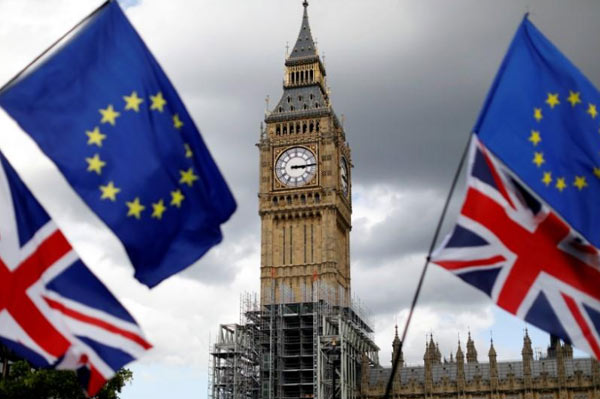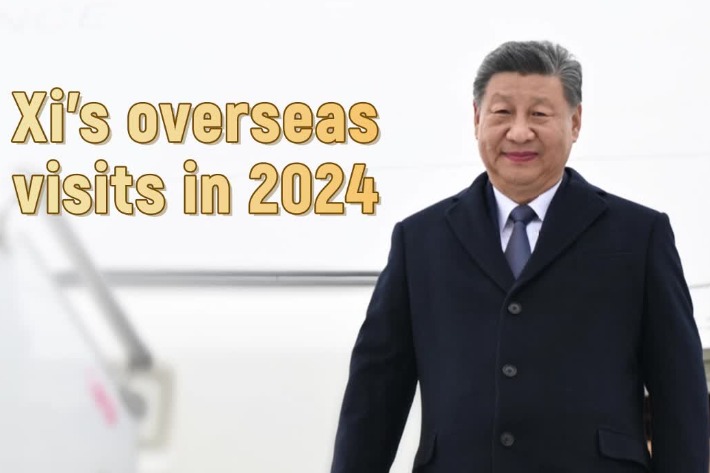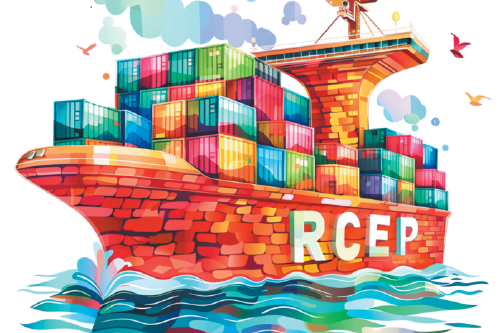Compromise allows UK's divorce from EU to progress


Within six months, Brussels and London have more or less sorted out the initial terms of their divorce and beginning January, the talks will focus on how to spend the two years of transitional period and what the future relations will be like.
The two sides have agreed that the rights of EU citizens in the United Kingdom will be protected and vice versa, and the UK's financial contribution to the European Union will continue until the end of the EU's current budgetary phase in December 2020, though its membership expires on March 29, 2019. And there is to be no hard border between the Northern Ireland and the Republic of Ireland.
This has not been an easy process. During the past six months, the bargaining process has been accompanied by quarrels, warnings and even ultimatums, although these elements are normal for any negotiations in which one side is unwillingly involved, as the EU is.
Obviously, the spirit of compromise has been present, with the pace of talks quicker than expected and so far, at least, there have been no market shocks.
And the leaders of the 27 other EU member states endorsed the "sufficient progress" that has been made in an outcome document announced on Friday after the bloc's winter summit. They agreed that the talks can be moved into the second phase.
European Council President Donald Tusk even praised British Prime Minister Theresa May for her "constructive efforts".
During the new negotiation period beginning January, the teams of both sides have only 10 months to finalize the terms of two-year transitional period and define the framework for their future relationship, which will also be the essential content of the Withdrawal Agreement.
The British parliament, and the European Parliament and EU member states need to go through a legal process over the agreement, which is expected to be ready in October.
But even though the talks so far have been pugnacious, it will be even tougher for both sides to finalize their future trade and economic partnership, because the UK has basically shown its intention not to follow the lead of other countries that have single market or customs union agreements with the EU.
Specifically, the UK does not want to be treated like Norway, which is a non-EU member but in a single market with the EU, allowing free flows of goods, investment and people. Nor does it want to be treated like Turkey, which has a customs union with the EU, facilitating the flow of goods and services between them.
Both sides agree that there should be a "close relationship", though they don't know what that will be.
There is one model for relations they could consider. The principles and some text of the Transatlantic Trade and Investment Partnership can be used as references for the future relationship talks between the UK and the EU, though the TTIP talks between Washington and Brussels have been shelved since Donald Trump became the US president.
The future relationship between the UK and the EU has no reason to be cooler than the planned transatlantic ties, since the UK is closer than the United States to the EU. That understanding may work as a starting point for both sides to avoid the scenario that the UK and the EU will have failed to define their relations after the transitional period ends in 2021.
The author is deputy chief of China Daily European Bureau.


































